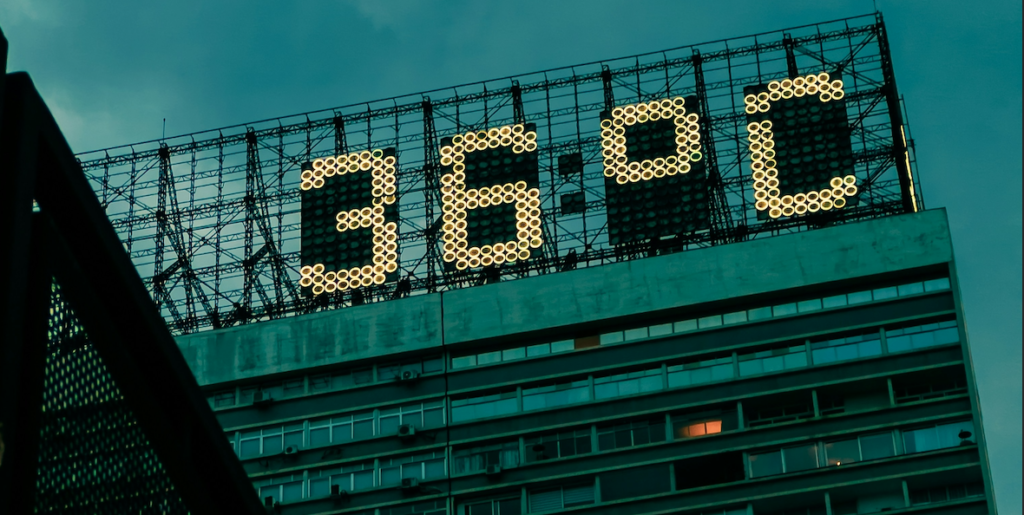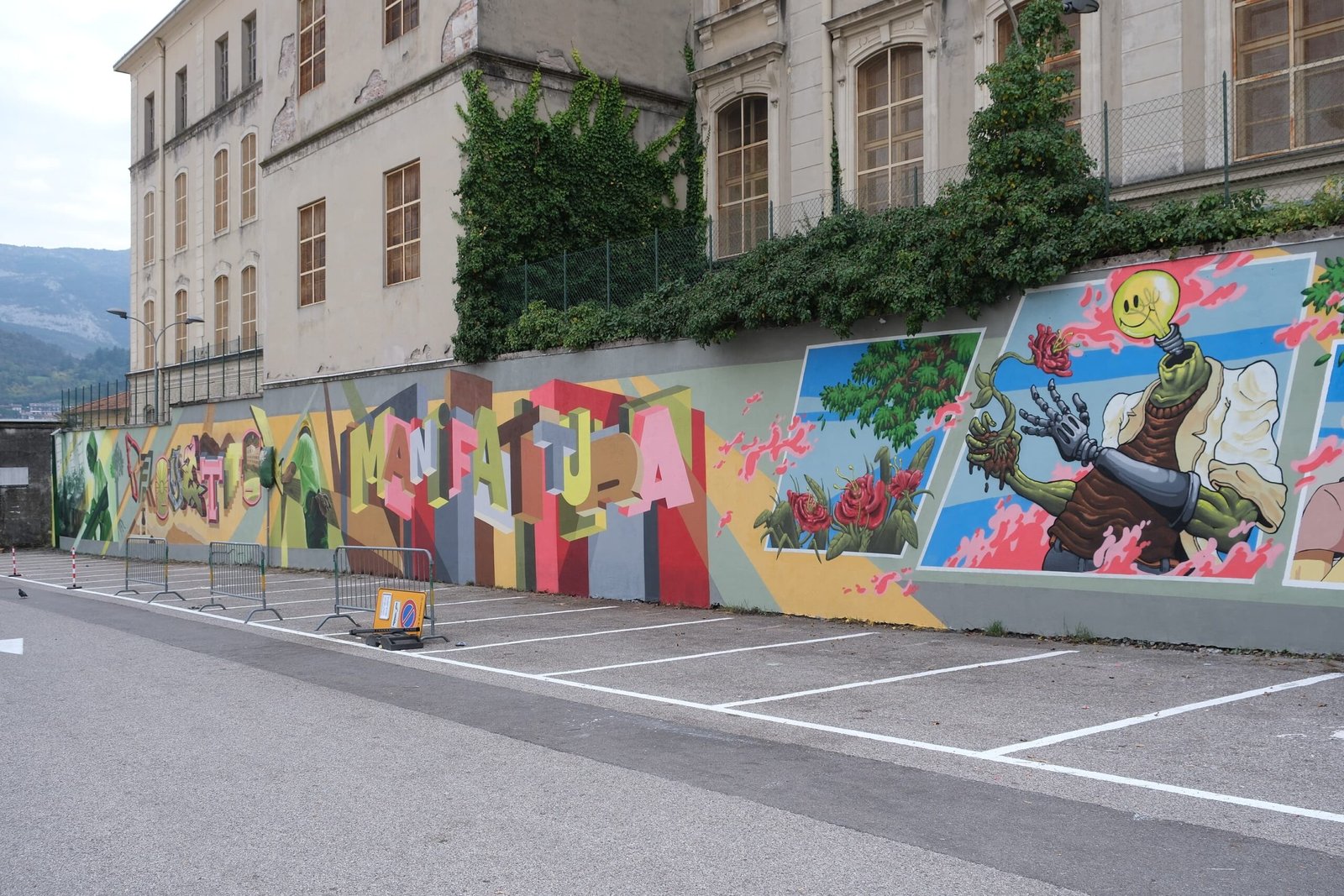In 2025, the scientific consensus on climate change is stronger than ever. Public awareness has grown, climate disasters dominate headlines, and yet—meaningful action continues to lag. Denial, once thought of simply as rejecting scientific facts, has evolved into more subtle and insidious forms: downplaying urgency, prioritizing other issues, or clinging to the belief that markets or technology alone will save us. Alongside these dynamics, a rising number of people, especially younger generations, report experiencing eco-anxiety: chronic fear, grief, and hopelessness about the planet’s future. To understand why society remains caught in this paradox of awareness without action, we must examine both the psychology of denial and the ways in which our cultural institutions reinforce inertia, while also considering how communication strategies might help transform despair into constructive engagement.
The Evolution of Denial
In public discourse, climate denial is often caricatured as outright rejection of climate science: denying rising global temperatures, greenhouse gases, or human responsibility. But as a 2020 CBC feature on climate denial psychology emphasized, this is no longer the dominant form. Instead, denial often manifests in softer, more socially acceptable forms. Politicians may admit climate change exists but claim jobs and economic priorities matter more. Media commentators ridicule climate policies by conflating short-term weather fluctuations with long-term climate trends. Leaders may dismiss climate warnings as exaggerated “doom narratives,” thus trivializing the urgency of action.
Psychologists such as Per Espen Stoknes argue that this is not surprising. Denial is not limited to ignorance or stubbornness; it is a deeply human coping mechanism. When faced with information that threatens identity, livelihood, or worldview, people default to forms of avoidance. For oil workers in Alberta or Norway, criticism of fossil fuels feels like an attack on their sense of self. In such cases, denial functions less as a misunderstanding of facts and more as a shield of identity-protective cognition—a refusal to acknowledge truths that feel existentially threatening.
Daniel Kahneman, the Nobel Prize–winning psychologist, has been blunt about humanity’s difficulty in facing climate change. Human cognition is tuned to immediate, visible, and novel threats—such as a predator or an incoming meteor—not diffuse, long-term risks like rising carbon levels. This evolutionary mismatch explains why societies respond rapidly to crises like terrorism or pandemics but struggle to mobilize against climate change. Kahneman has expressed skepticism that humans can act quickly enough to address such a slow-moving, abstract danger.
Robert Gifford adds another layer with his influential framework, the “Dragons of Inaction.” These psychological barriers—ranging from ignorance, uncertainty, and habits to ideologies, mistrust, and perceived risks—help explain the gap between good intentions and action. Even those who accept the science may prioritize personal convenience, consumer desires, or a sense of helplessness over climate action. Denial, then, is not simply disbelief, but an everyday condition of distraction, rationalization, and inertia.
Eco-Anxiety: The Flip Side of Denial
If denial represents avoidance, eco-anxiety represents overexposure to climate realities. Many young people in particular describe waking up to climate headlines with dread: coral reefs collapsing, extreme weather events accelerating, tipping points looming. As one Behavioral Scientist article observed, the media thrives on negative framing, because catastrophic stories attract attention. Yet constant exposure to doom creates paralysis. People overwhelmed by despair often disengage, unable to translate fear into sustained action.
Eco-anxiety is not inherently harmful; it can motivate activism, community engagement, or lifestyle changes. But unchecked, it can also lead to burnout, depression, or even a form of paralysis that ironically mirrors denial. The two phenomena—denial and eco-anxiety—thus form a psychological spectrum of climate coping: one avoids reality, the other is consumed by it. Both hinder effective, collective responses.
Why Communication Matters
Much of the problem lies not only in the psychological structure of human minds but also in how climate change is communicated. The Behavioral Scientist’s essay “We Need to Change the Way We Talk About Climate Change” makes this case forcefully. Fear-based messaging, doom-laden terminology like “existential threat” or “global crisis,” and public shaming have not succeeded in generating the scale of behavior change needed. Instead, these approaches risk creating defeatism. As the author memorably put it, “burned out people can’t save the world.”
Positive framing offers an alternative. Rather than dwelling solely on sacrifice—less meat, fewer flights, reduced consumption—messaging can highlight the joy, creativity, and community that come with sustainable practices. Gardening, eating more plants, biking, or shopping secondhand are not only environmentally beneficial but also sources of pleasure and meaning. Research shows that enjoyable behaviors are more likely to stick, and one positive change often spills over into others.
Another promising strategy is to leverage moments of disruption. Studies show that behavior shifts are more likely during transitional life events—moving to a new city, graduating, or after collective disruptions like the COVID-19 pandemic. During lockdowns, many people discovered low-carbon pleasures: local exploration, home cooking, reduced commuting. If supported, such habits could outlast the crisis. The lesson is that communicators and policymakers must seize these windows of change to embed long-term shifts.
Finally, people need not just motivation but procedural knowledge—clear, actionable steps and feedback. Abstract exhortations to “eat less meat” or “reduce emissions” can backfire if they leave people uncertain about how to begin. By contrast, providing resources, workshops, and real-time feedback (such as energy usage comparisons) builds competence and confidence.
Institutional Barriers and the “New Normal”
While psychology and communication strategies are crucial, they cannot be separated from the institutional structures that shape behavior. A second Behavioral Scientist article, “Policies for Adapting to the New Normal of the Anthropocene,” argues that ecological crises are rooted in Western society’s cultural faith in market capitalism and technological optimism. These values sustain the illusion that we can continue business as usual— unlimited growth—while relying on markets or gadgets to deliver painless solutions.
Such institutionalized beliefs amount to a collective form of denial. They downplay the scale of cultural change required, offering “Band-Aid” fixes like electric cars or carbon markets without questioning the growth-driven economic paradigm itself. Institutional theory shows how deeply entrenched values and norms resist change, even in the face of mounting evidence.
The article identifies five categories of policies that could transform society: eco-sensitive governance (ecocide laws, rights of nature), reduced consumption (circular economy, right-to-repair), elevating science in public life, extending time horizons beyond short-term profits, and building resilience to climate shocks. Each of these pushes against denial by reframing what society values.
Bridging Denial and Anxiety
Together, these insights suggest that denial and eco-anxiety are not opposites but interlocking responses to the climate crisis. Denial numbs us to unbearable truths, while eco-anxiety overwhelms us with them. Both emerge from the same gap between the enormity of the crisis and the inadequacy of societal response.
Bridging this gap requires a multi-level approach:
- Psychological insight: recognizing denial as a human defense, not merely ignorance, and addressing it with empathy and identity-sensitive strategies.
- Communication reform: replacing doom and shame with positive, actionable, and supportive messaging that highlights joy and community.
- Institutional change: confronting the cultural faith in markets and technological quick-fixes, and adopting policies that shift values toward long-term ecological balance.
Hope lies in the fact that attitudes are shifting. Surveys show rising trust in climate science and concern about its impacts. Social norms, once resistant, can change quickly—as seen with smoking or seatbelt use. Crises, while disruptive, also provide opportunities for transformation. And at the individual level, cultivating sustainable practices that bring meaning and pleasure can counter burnout while building resilience.
Climate denial is no longer confined to fringe debates about whether climate change exists. It is embedded in cultural and political values, institutional inertia, and psychological defenses that help us cope with uncomfortable truths. Eco-anxiety, meanwhile, reflects the other side of the coin: the despair that comes when we cannot look away. Both forces, if left unaddressed, threaten to paralyze society at the very moment when action is most urgent.
Yet the psychology of denial and eco-anxiety also points to pathways forward. By reframing communication to emphasize joy and agency, by recognizing and addressing forms of resistance, and by seizing opportunities to reshape institutions, we can convert paralysis into progress. The climate crisis demands not only new technologies but new values, new narratives, and new ways of being together. The challenge is immense, but so is the possibility of transformation.





